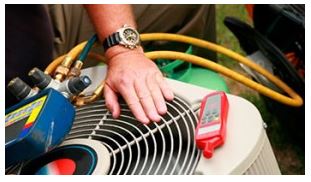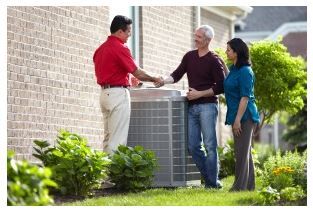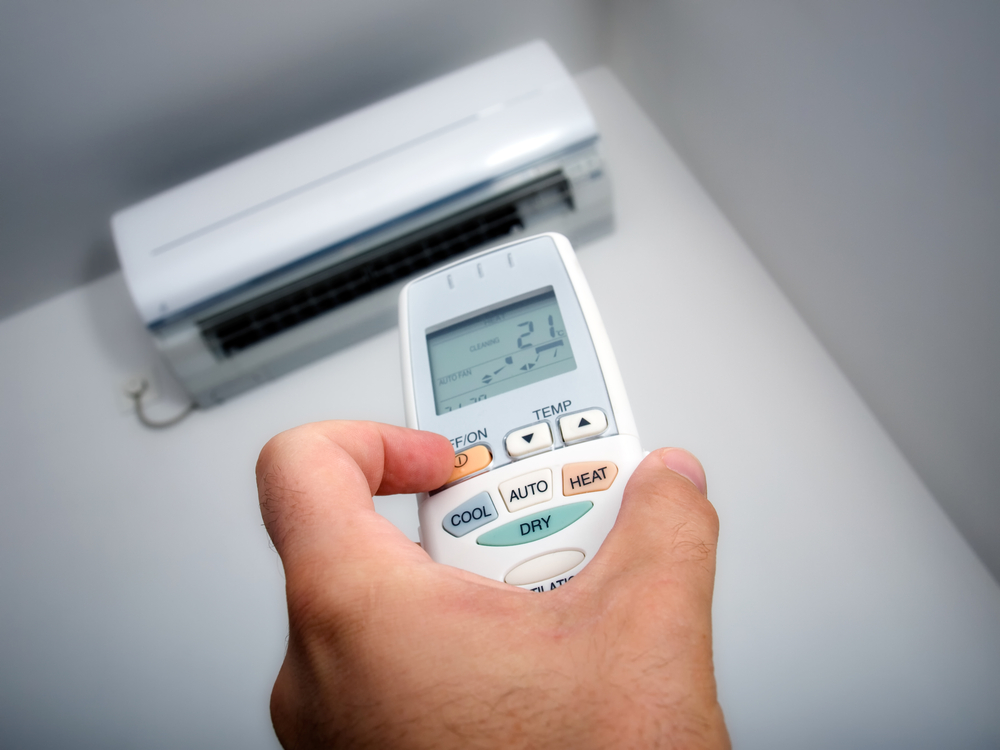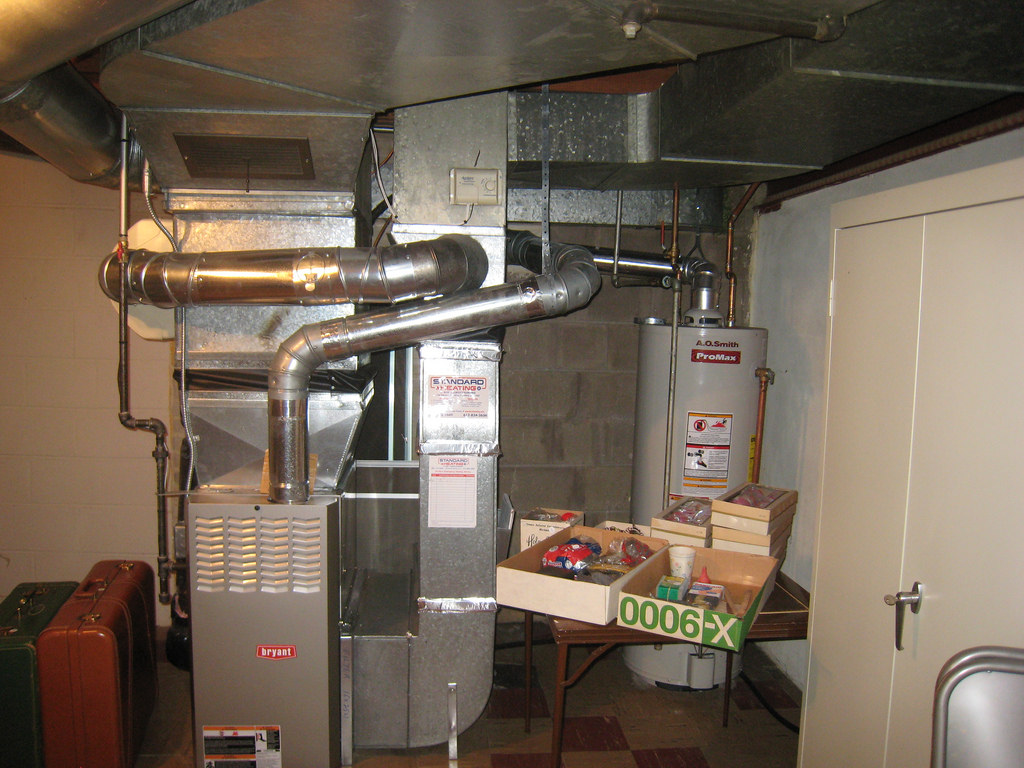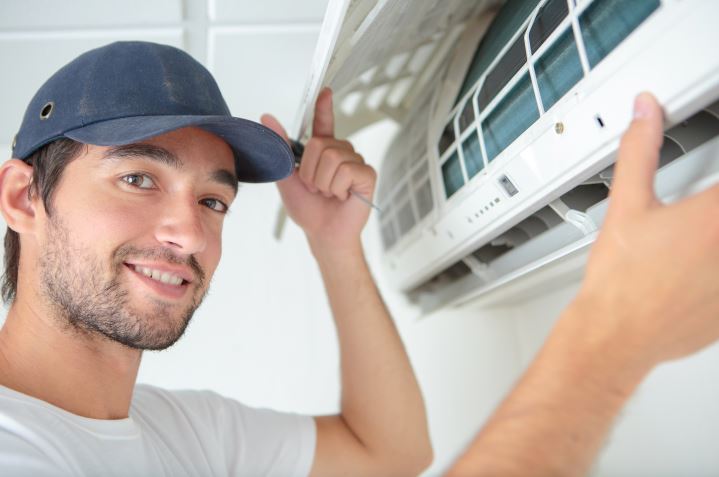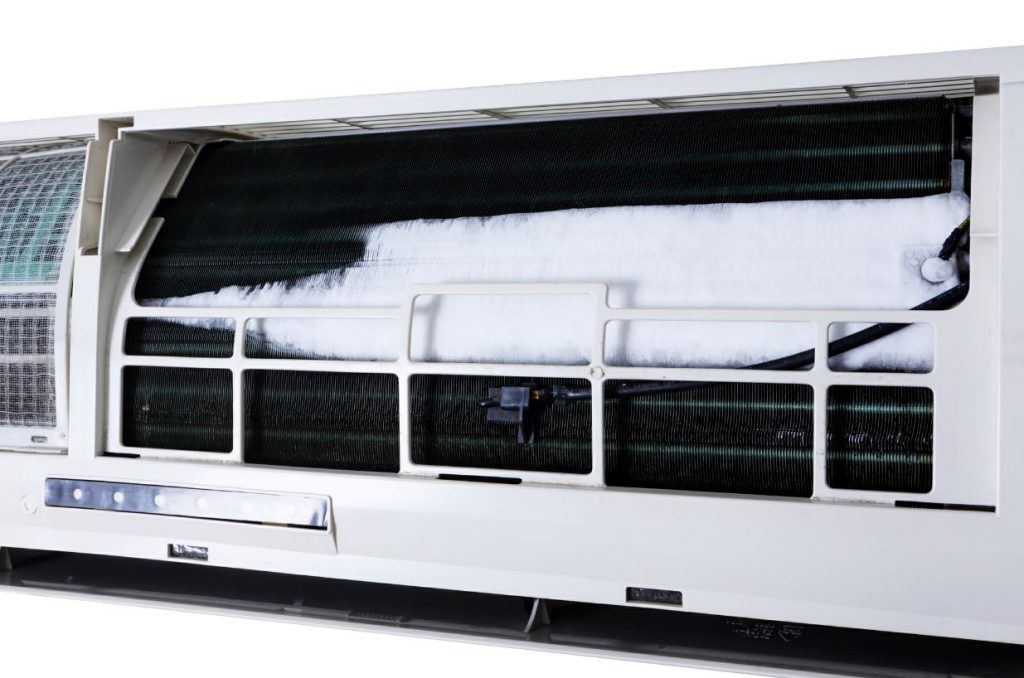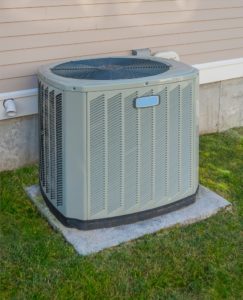Sometimes, your furnace might be working perfectly fine except for the cold air coming out of the vents. This raises a lot of concerns, especially when the weather is chilly. There are many issues associated with a furnace blowing cold air. It is recommended that an expert inspect the furnace before taking any step. Below are some of the problems with the furnace causing cold air.
Damage in the pilot light
The pilot light is usually designed to ignite the furnace burners and ensure that the entire system can heat. If the furnace is blowing cold air, it is advisable to check the pilot light in the gas system even more if your furnace is old. You can use the instructions kit and follow the steps on relighting the pilot. In old furnaces, there is a possibility that the pilot light has run out. Use the instruction manual and try to ignite it on your own, or call an expert if you cannot do it. Relight the pilot and give it some minutes. If it goes out, then it is the issue causing cold air.
Less gas supplied
Furnaces automatically switch off for safety reasons. This happens when less gas is supplied and not able to deliver warm air. The manufacturers have designed a furnace to stop working or deactivate when it is not getting enough gas to carry out its normal heating process. If this is the issue, you will need a professional to work on the furnace to fix the problem.
Clogged condensate lines
Furnaces come with condensate drain lines which function to help remove any moisture. Whenever there is clogging in these lines, this will hinder the burners from working, thus resulting in the furnace blowing cold air.
Damage in the duct
The ductwork might have holes and thus causing the cold air experienced. The holes allow the cold air to flow into the ducts from the attic.
Dirty filters
The furnace filters are supposed to eliminate any dirt and contaminants present in the flowing air. However, if they are covered by dirt, soot, or dust, their functions are impaired. The soil blocks the incoming air from the furnace. As a result, you will experience overheating, which in turn cause the heater to release cold air. To fix the issue and restore the flow of warm air into your home, the best thing to do is replace the filters by getting new ones.
Thermostat settings
A thermostat should be set on auto for the furnace to work correctly. When you experience cold air, try checking the thermostat setting before doing anything else. This is because someone might have set the thermostat to On instead of auto. As it sounds, the On option in the thermostat option keeps the furnace running all the time. As a result, the furnace will run the entire day without stopping, even when no heat is produced. The best thing to do is set the thermostat to standard auto settings so that the furnace will only run during the heating process.
Furnace not working as it should? Call the team at North NJ HVAC on (908) 845-8496

